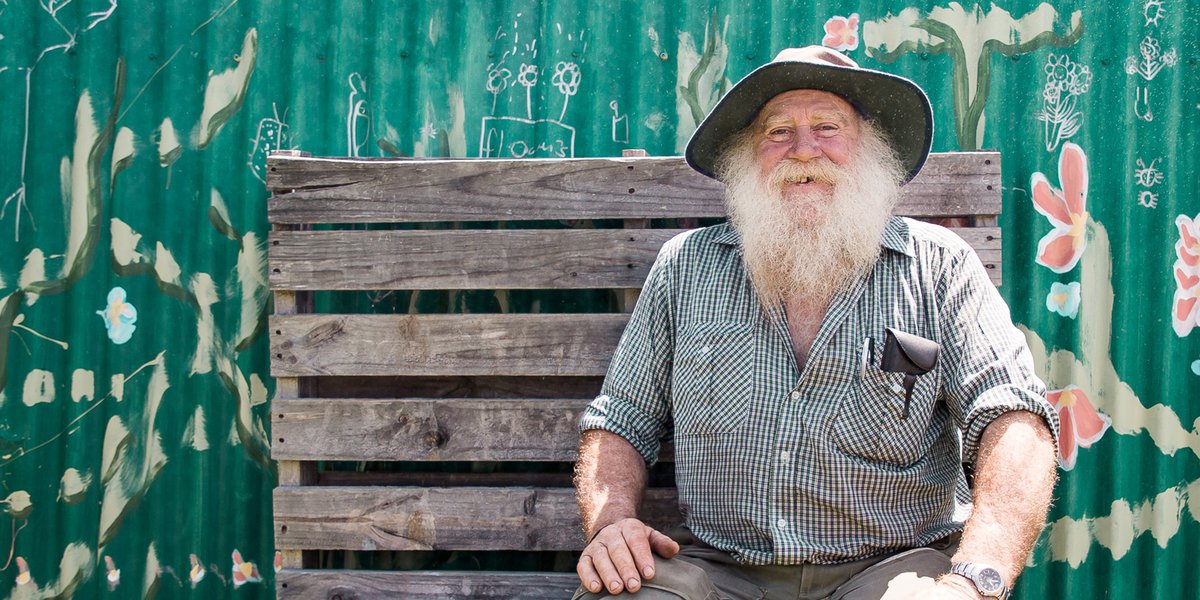Skye Waddingham
"We liked the city life but the rat race was getting to be a bit much. We felt drawn back to Tasmania. It evokes such curiosity. We wanted our kids to see there was more to life."
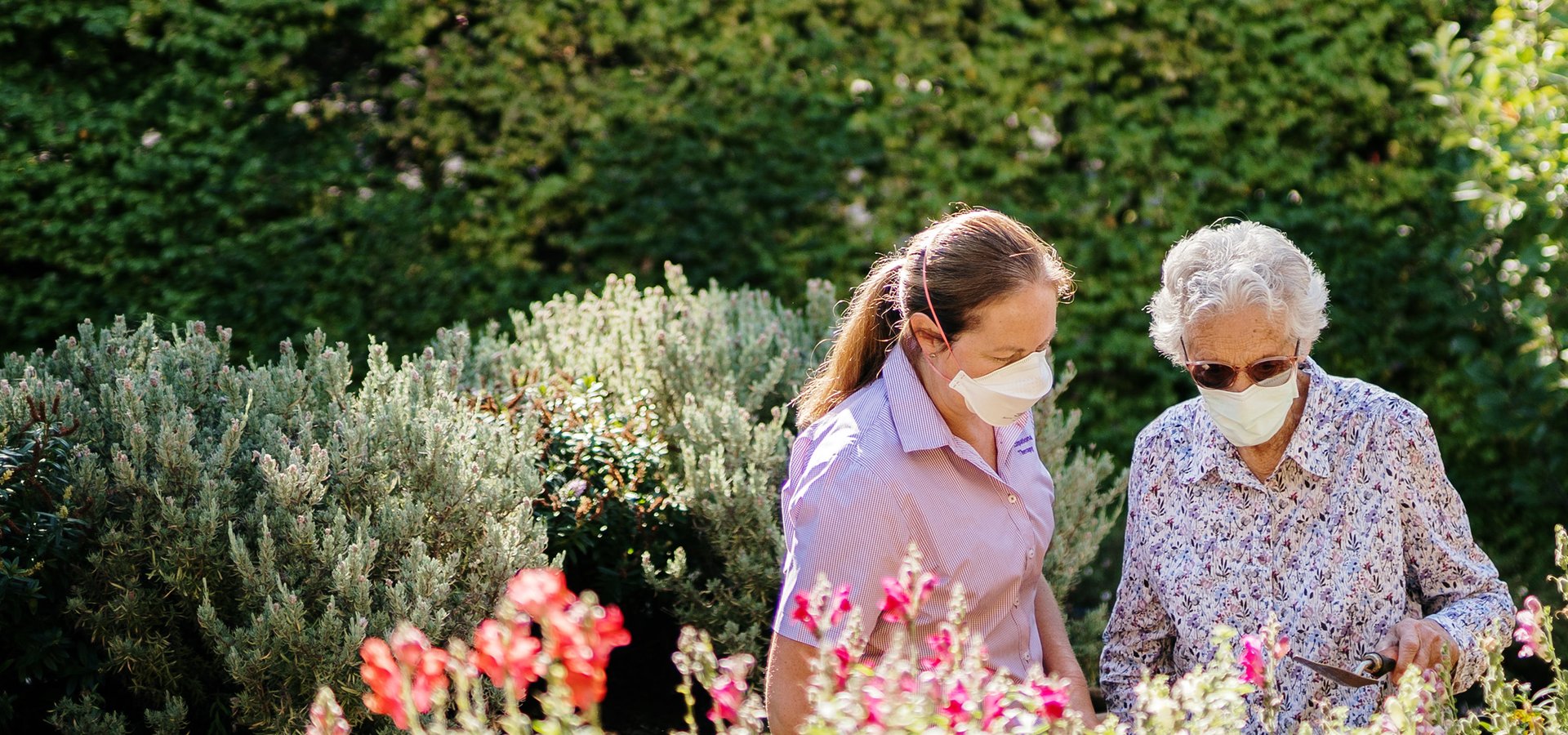
"Our occupations give us purpose and identity. I love my job and am proud to be an OT in Launceston. I have thrived on new experiences and the opportunity to be creative, to extend my clinical practice."
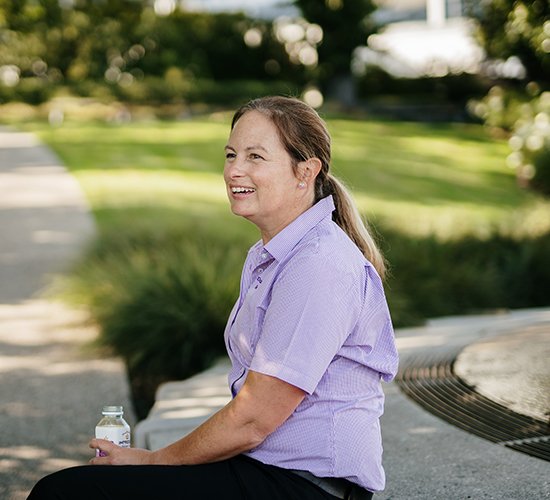
When Skye Waddingham was finishing her degree in occupational therapy in Sydney, she spotted something on the notice board. There was a job available for a new OT graduate in Tasmania.
Growing up, she never imagined she would end up here.
But Skye was an adventurer, and while her classmates sought positions closer to home, she went off to practice her profession in the small regional town of Devonport. It turned out she liked it in Tasmania, a lot, but that adventurousness soon pulled her to work in other new places, including the UK and Europe. Then she and her Tasmanian husband settled in Sydney, where she worked with hospitalised children for 14 years.
“We liked the city life but the rat race was getting to be a bit much,” she says. “We felt drawn back to Tasmania. It evokes such curiosity. We wanted our kids to see there was more to life.”
What they were looking for, at first, was a re-set. Skye initially signed up for a 12-month locum at Launceston General Hospital, and held on to her position in Sydney.
It’s a story we often hear in Tasmania. Skye and her family loved it so much they are still here, six years later. “And we have very long term plans to stay,” she says.
Why?
It wasn’t the typical career path, moving from a paediatric speciality position in Sydney to a regional general hospital. Now at Launceston General Hospital, Skye sees patients of all ages with all manner of abilities and challenges. Her husband had to reimagine his career. And at a crucial family time, with young children, they left their familiar life in New South Wales for uncertainty and adventure in Tasmania.
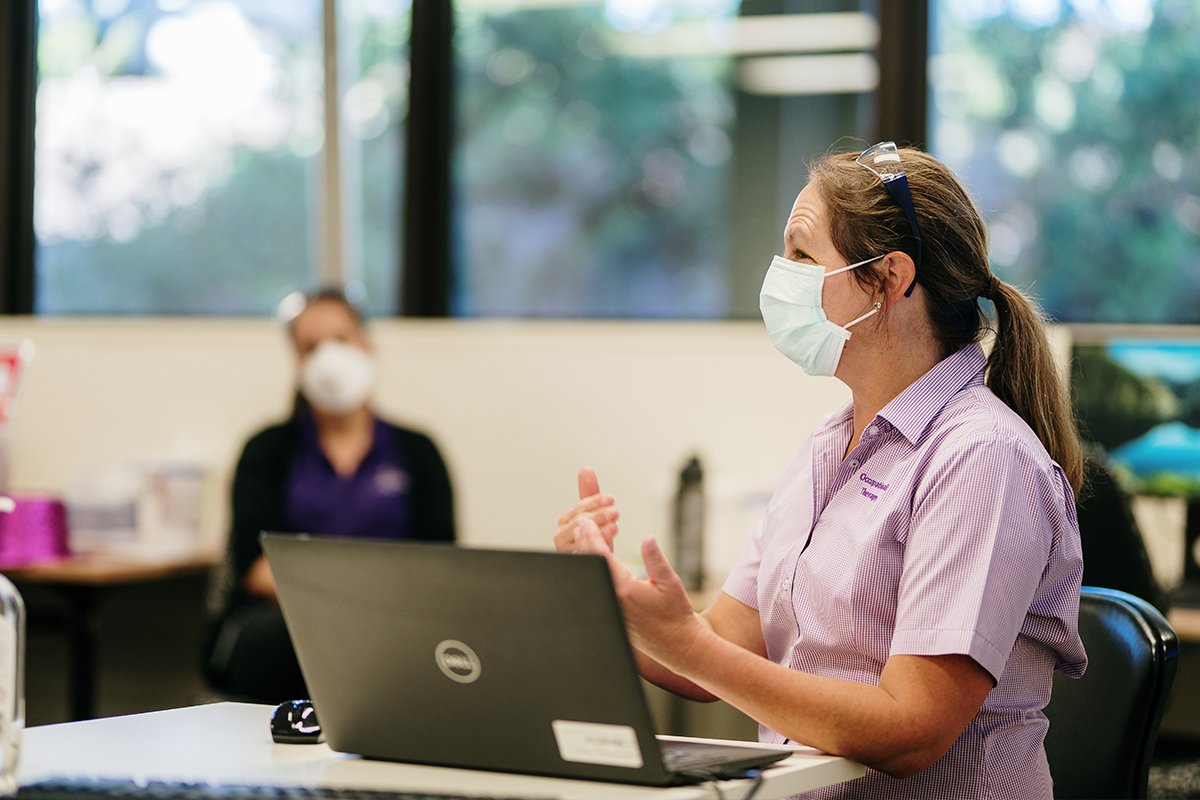
“We were realistic,” Skye says. “You can’t just expect to walk into a workplace or a new community and be immediately settled. It takes effort to apply for a new job or to learn a new health system. It takes persistence and a bit of courage. Give yourself a couple of years. You can’t expect a state, or Tasmanians, to just hand it all to you. You have to contribute something to Tasmanians too.”
Skye loved the opportunity to apply her training and experience in new ways, with a progressive, creative and supportive team at Launceston General Hospital. She and her family got involved in activities that, in their previous city life, may not have been their first usual choice—just because they could. They found it a great way to meet people. Most importantly, Skye went outside—a lot.
“We can be on the beach or in the snow in forty minutes,” she says. “Distance or changes in weather aren’t obstacles. You can do so much or as little as you like after work, and on weekends. Bring a raincoat, bring sunscreen. We can walk to the Gorge, to markets, and this place has such a vibrant culture.
“You can relax and soak up the feeling of the natural beauty of this place. Or you can really challenge yourself on breathtaking (literally) three-day, or maybe even five-day hikes. If we look after our state, Tasmania can keep growing without losing our connection to nature. Who skis for the first time in their forties? I bought my first wetsuit when I moved to Tasmania!
"I love the Tasmanian attitude: if you want to try something you don’t let anything get in the way.”
Of course, some people need to specialise. They need to live and work in a metropolitan setting to feel fulfilled. Other people are like Skye.
“Tasmania is not for everyone,” she says. “And we acknowledge that not everyone wants to change their career or move from their “familiar”. We don’t all want new settings. You really have to be willing to challenge yourself and listen to feedback from colleagues, from patients, from community… you might hear things that are hard to hear. But our occupations give us purpose and identity. I love my job and am proud to be an OT in Launceston. I have thrived on new experiences and the opportunity to be creative, to extend my clinical practice. We get patients of all kinds, we follow the evidence, and we have some great resources and expertise here. And I’ve had unique opportunities that I might not have found anywhere else. For example, I’ve expanded my clinical skills to now also work with the justice system as well as the health system.
"What’s not to love about this place!”
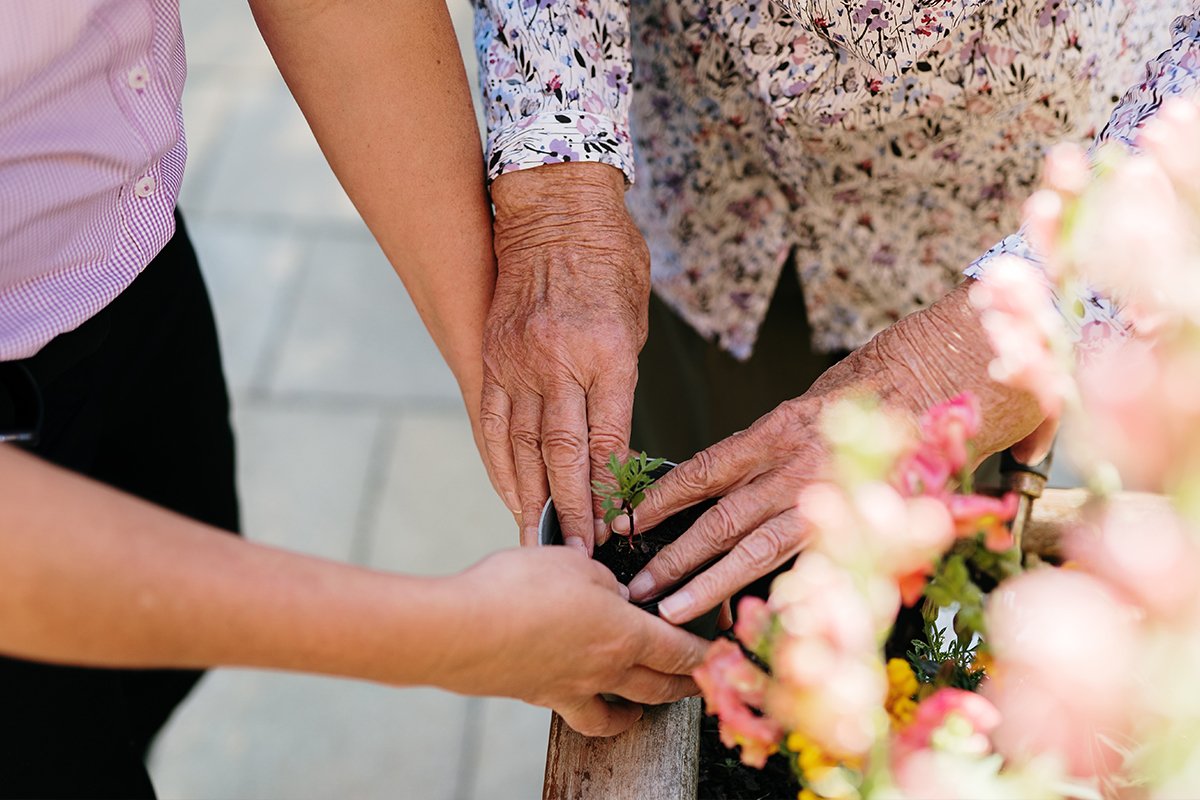
Is there anything utterly unique about working with Tasmanian patients?
“Because they’re such resourceful people, Tasmanians get on with it in a way that can be surprising. It can be years before they come in to the hospital. They rig up some amazing adaptation, tinkering in their shed, so they can still do their gardening and their bush walks… despite incredible odds and challenges.”
One typically Tasmanian example was one of Skye’s patients who had been admitted to ICU. This was going to prevent him going to his local football club’s grand final.
“Our patient, his family, the footy club and our team at LGH got the specialised equipment and transport organised, with staff to accompany him to the match. And the football team didn’t disappoint! A win in so many ways for our patient.”
Skye still sees her friends from New South Wales.
“When we have visitors from the mainland – saying mainland makes me sound so Tasmanian –they’re absolutely amazed by the beauty around every corner. There are no crowds on the beaches. You don’t have to make a special trip go to the zoo. There is wildlife on your doorstep. It’s fantastic for all ages and interests.”
As for giving back to Tasmania, Skye helped assess a need at her local beach. “We banded together to get a beach wheelchair, so everyone can enjoy being out by the water. That’s how it works here.”

We worked with northern Tasmanian photographer Nick Hanson for this Tasmanian story.
Read about more Tasmanians
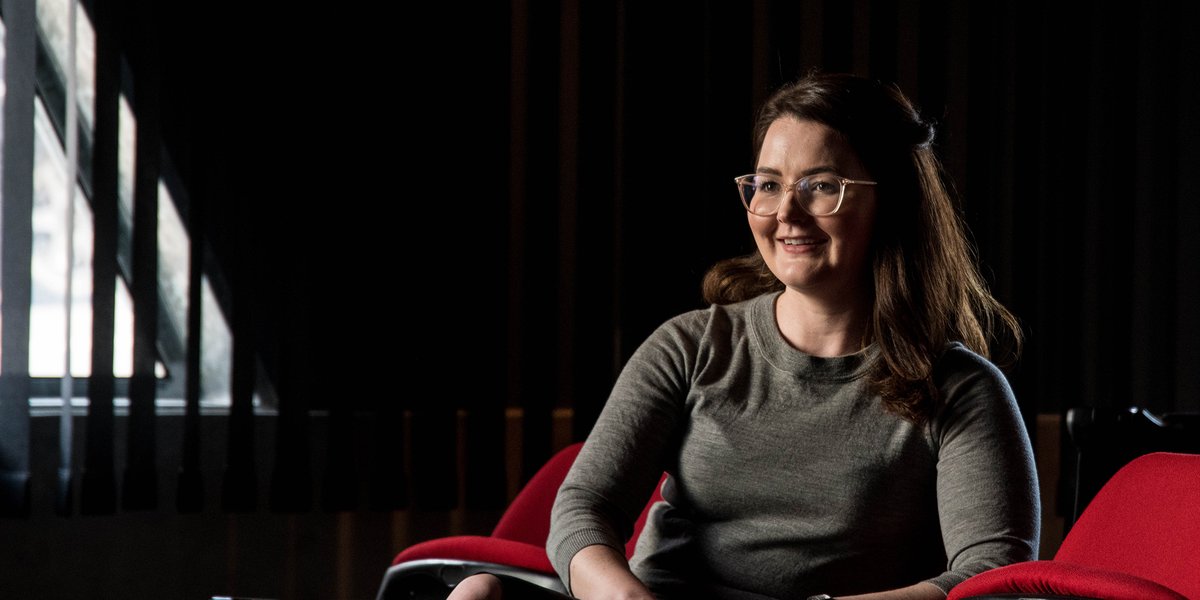
Seana Gall
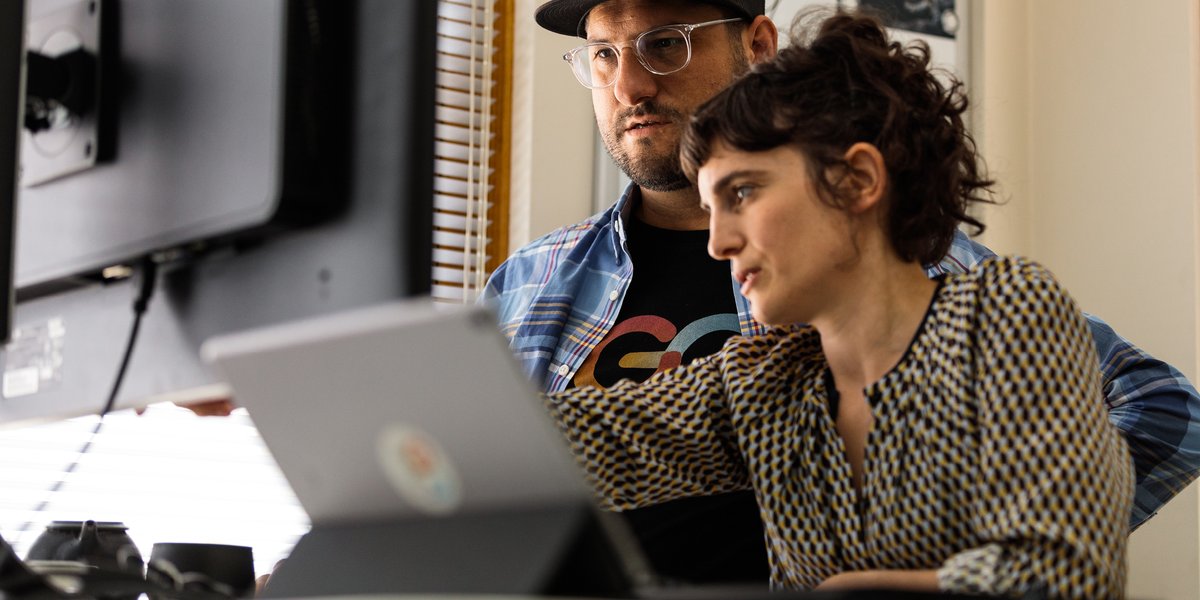
Roxane & Alex Bandini-Maeder
